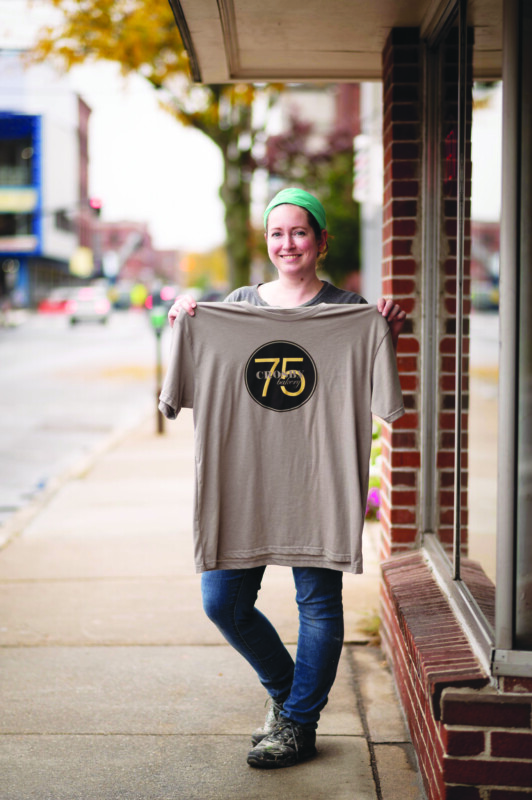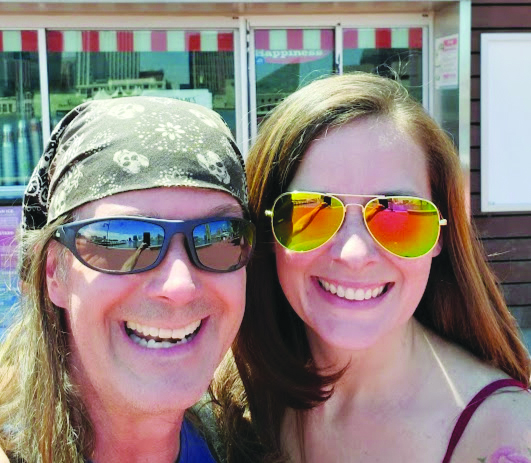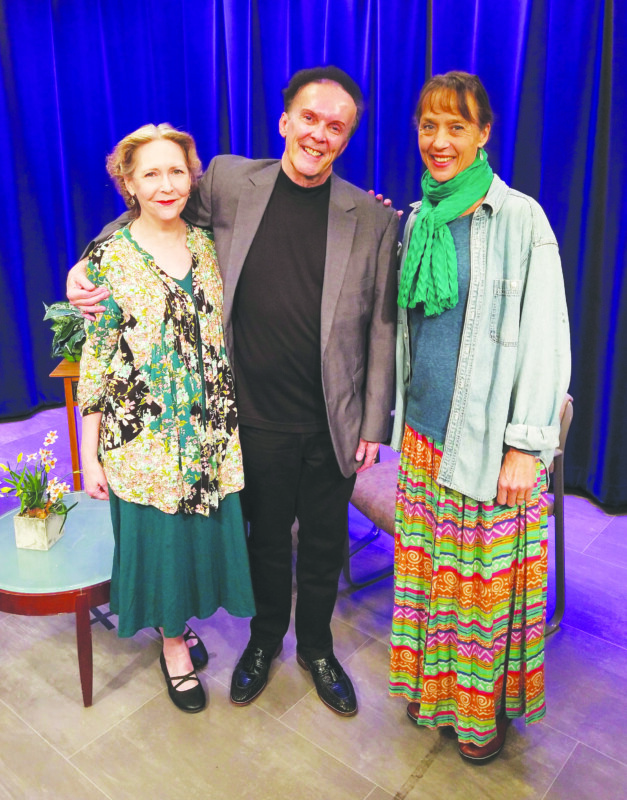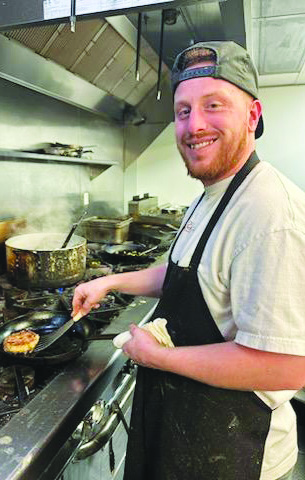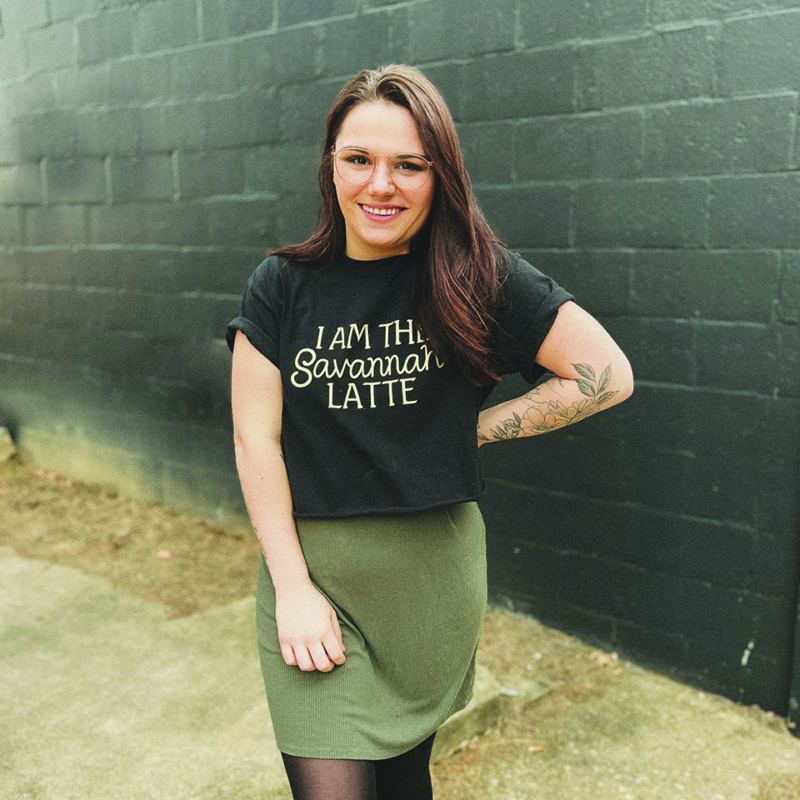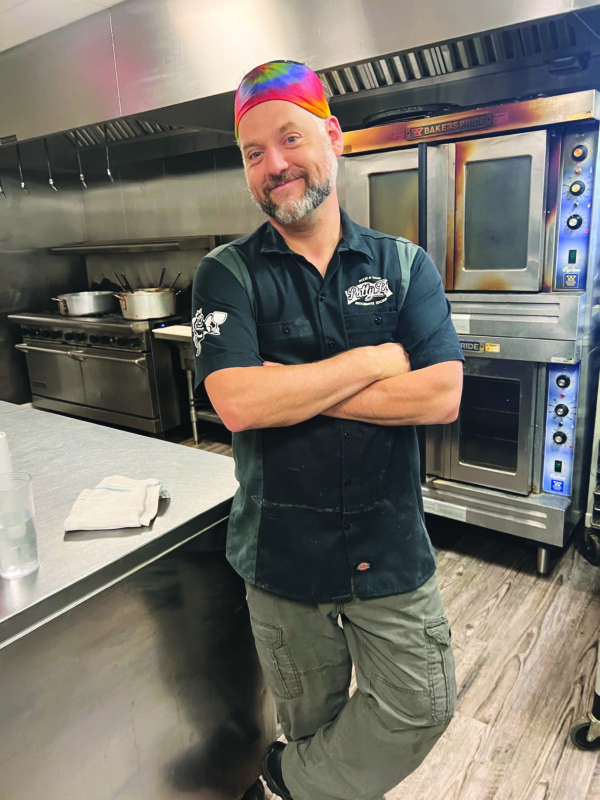Jennifer Stone-Grimaldi bought Crosby’s Bakery, established in 1947 in Nashua, five years ago after working there for over a decade. She says she has PBS programming to thank for her interest in food; after the airing of children’s shows, she would be fascinated by chef Julia Child on the screen. As she got older she would turn to her mother’s magazines to look for a recipe she could make with the ingredients she had on hand.
What is your must-have kitchen item?
My must-have kitchen item is a sharp chef’s knife. Unfortunately most people don’t keep sharp knives in their kitchens. Not only does this make chopping more difficult, but often dull knives are more likely to slip and cause injury. I bring my own knife now when I’m planning on cooking in someone else’s kitchen.
What would you have for your last meal?
I would have Thanksgiving dinner cooked by my mom. She makes the best turkey and gravy and I love all the sides.
What is your favorite local eatery?
I can’t pick one favorite eatery, but my two favorites are both within a stone’s throw of each other in Milford, N.H. Riverhouse Café for breakfast and Greenleaf for dinner.
Name a celebrity you would like to see eating in your restaurant?
I wish Conan O’Brien would bring his travel show to my bakery. I would love to teach him how to make doughnuts.
What is your favorite thing on your menu?
My favorite products in the bakery are the specials we run and the new items we make. I prefer having variety. But my favorite old-school pastry that we’ve made forever and ever has to be the apple strudel. I remember I used to eat those as a special treat when I worked the afternoon shift out front many years ago.
What is the biggest food trend in New Hampshire right now?
One of the trends I’ve seen lately is having individual pastries for dessert at a wedding instead of serving a giant cake to everyone. A lot of couples are doing a smaller cake for display and cutting purposes and then giving their guests a choice of mini pastries, pies or doughnuts for dessert. It’s really fun.
What is your favorite thing to cook at home?
My favorite thing to cook at home is anything that cooks on the stove all day when the weather’s cool. It could be marinara sauce with sausage and meatballs, pot roast, Burgundy mushrooms, etc. Anything that makes the house smell amazing until dinnertime. — Mya Blanchard
House Hot Cocoa Mix
From Jennifer Stone-Grimaldi
6 ounces cocoa powder
16 ounces milk powder
12 ounces granulated sugar
2 teaspoons powdered vanilla
1 Tablespoon cinnamon
1½ teaspoons salt
Whisk ingredients together and sift three times to ensure even blending. Add two to three heaping tablespoons of mix to a mug of hot water. Add a splash of light cream for a creamier drink.
Featured photo: Jennifer Stone-Grimaldi, owner of Crosby’s Bakery. Courtesy photo.

